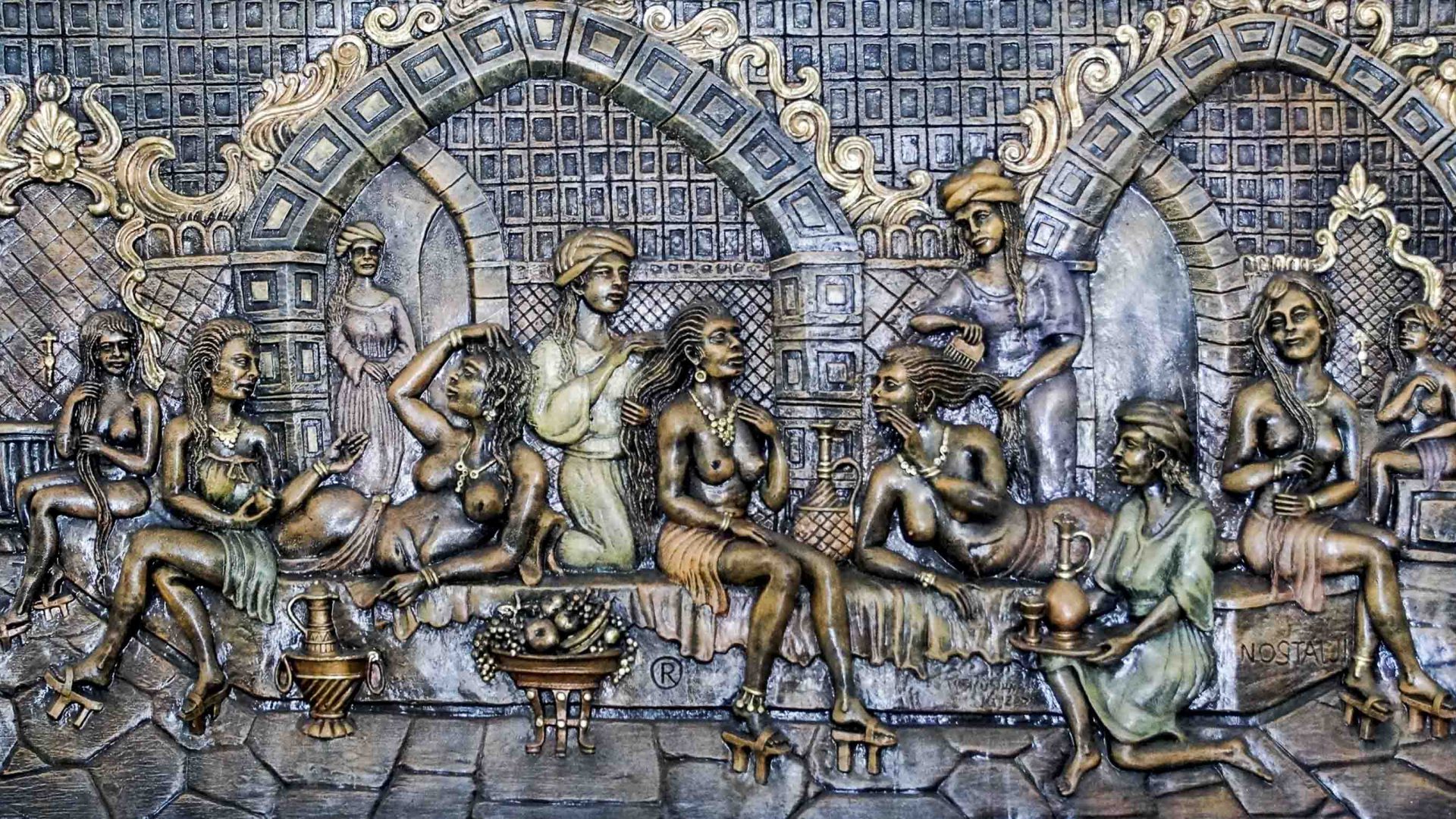
Admittedly modest and a bit bashful, writer Alisha McDarris strips down her conservative cultural disposition in a traditional Turkish hammam.


Admittedly modest and a bit bashful, writer Alisha McDarris strips down her conservative cultural disposition in a traditional Turkish hammam.
I held my breath as I lifted my arms and let the aging Turkish woman tug at the corner of my oversized bath towel—the one protecting my delicate American modesty and covering the only scrap of fabric still attached to my body: a flimsy disposable thong.
Every instinct told me to clamp my elbows to my sides and beg to keep it, but apparently, as the half-dozen naked women leisurely strolling around me would suggest, that wasn’t how it was done in Türkiye.
It’s not like I hadn’t tried to abandon my American prudishness before. Extensive travels across continents offered plenty of opportunities to do so. One winter in Colorado, I paid for admission to a clothing-optional hot spring where the cover of darkness wasn’t even enough to abandon my swimwear. In a public pool in Iceland, I told myself I could be brave when I was required to scrub down fully naked in a locker room lined with shower heads (and other women), but then caved and ducked into the one private stall. In Australia, I repeatedly declined suggestions to skinny dip, even in private pools and swimming holes surrounded by lush greenery.
Nudity has never been something I was comfortable with. I could blame it on my conservative upbringing—which I often do—but the truth is, I’ve never thought being too modest could be an issue.
Until now, in this hammam. At this point, my fear of exposing myself to perfect strangers was going to mean I missed out on a beautiful cultural experience that dates back to ancient Rome. While these baths were originally built by Romans, according to Hande Tumer, my Turkish guide, Turks embraced the ritual when they migrated from Asia, building many baths of their own, first in palaces for the rich and royal, then for the general public.
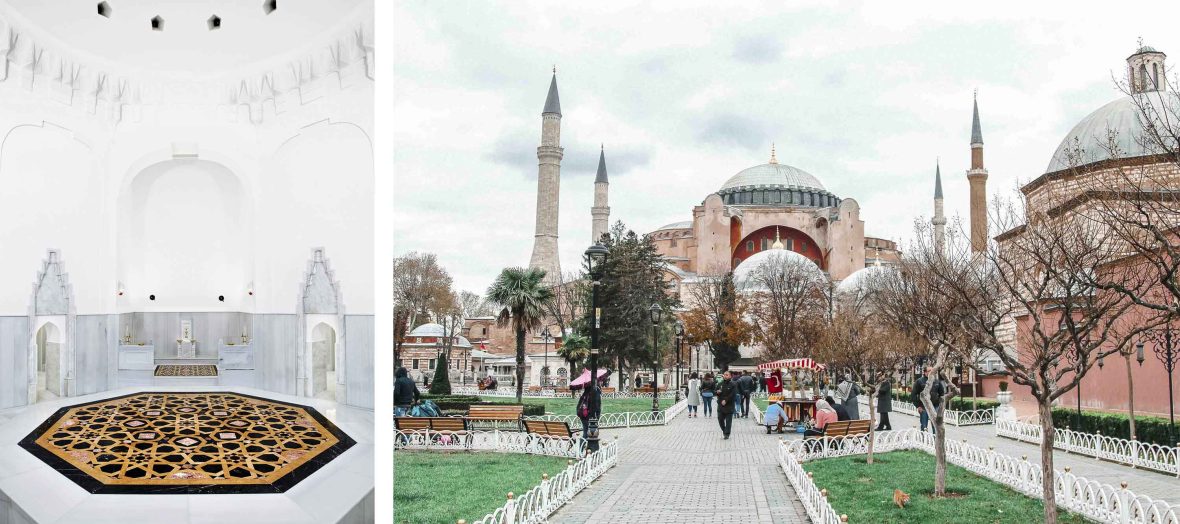
In smaller towns, they are still used as cultural institutions. But in large cities like Istanbul, hammams have become more of an indulgence; a place to commemorate and celebrate births, engagements, marriages. “It’s really to treat yourself,” Tumer explains. Though she sees more tourists inside the marble walls than locals these days.
So as I was liberated from my carefully constructed sheath, I pushed a long, meditative breath through my lips and forced myself not to cross my arms to cover my now fully exposed chest. If this was what a Turkish bath entailed, well then I was going to have to set my timidity regarding public nudity aside. It was exposure therapy or nothing at this point.
The essence of travel may not be standing naked and afraid in a spa in a foreign country, but it is experiencing the very heart of a culture in a way you can’t ignore.
And as the last tassels of that towel swept across my skin, leaving me on display in nothing more than rubber sandals and a paper thong, I forced out a small chuckle as I took a seat across from two Australians lounging in comfort—more comfortable than I was, anyway. I sat rigidly upright, sucking in my stomach and pressing my back against the heated marble.
They smiled and started to chat. And somehow, their comfort in their own skin—their nonchalance, their willingness to carry on a conversation totally naked with complete strangers—wafted over on the steamy airwaves of the bright white room and I breathed it in, feeling my shoulders sink away from my earlobes.
I kept breathing as my dedicated attendant, known as a natir, repeatedly smiled at me, offering her hand as she led me from room to room so I wouldn’t slip on the marble, slick and shining under a glaze of bathwater. I was doused with warm water from a tas, a metal bowl, that was filled with warm water from the wall-mounted basins that lined each room, then told to sit and be doused again.
Between soakings, I stood up, was spun around, told to extend my arms, spread my legs, and each time I suppressed a giggle. I couldn’t believe I was here, now, doing this. Naked. No one who knew me well would believe it.
My guide broke out an exfoliating glove called a kese and began to aggressively exfoliate every inch of my exposed body. Even the flimsy thong didn’t deter her intimate endeavors.
As I watched dead skin slough off right before my eyes—before they were obscured by another cascade of warm water dumped over my head—I marveled at my own boldness. Who knew after all these years I wouldn’t have backed down from this.
The last step in my transformation was the most astonishing. I was led into a central room where a round platform already held aloft a handful of other women laid out and—I jest not—covered in a mountain of bubbles. My eyes widened, the child in me unequivocally thrilled at the prospect of hiding under three feet of soapy foam. So when I was doused, rubbed down, piled with bubbles, rinsed off, flipped over, and doused, rubbed down, and piled again, I could no longer stop myself from dissolving into laughter, like the bubbles heaped on top of my torso.
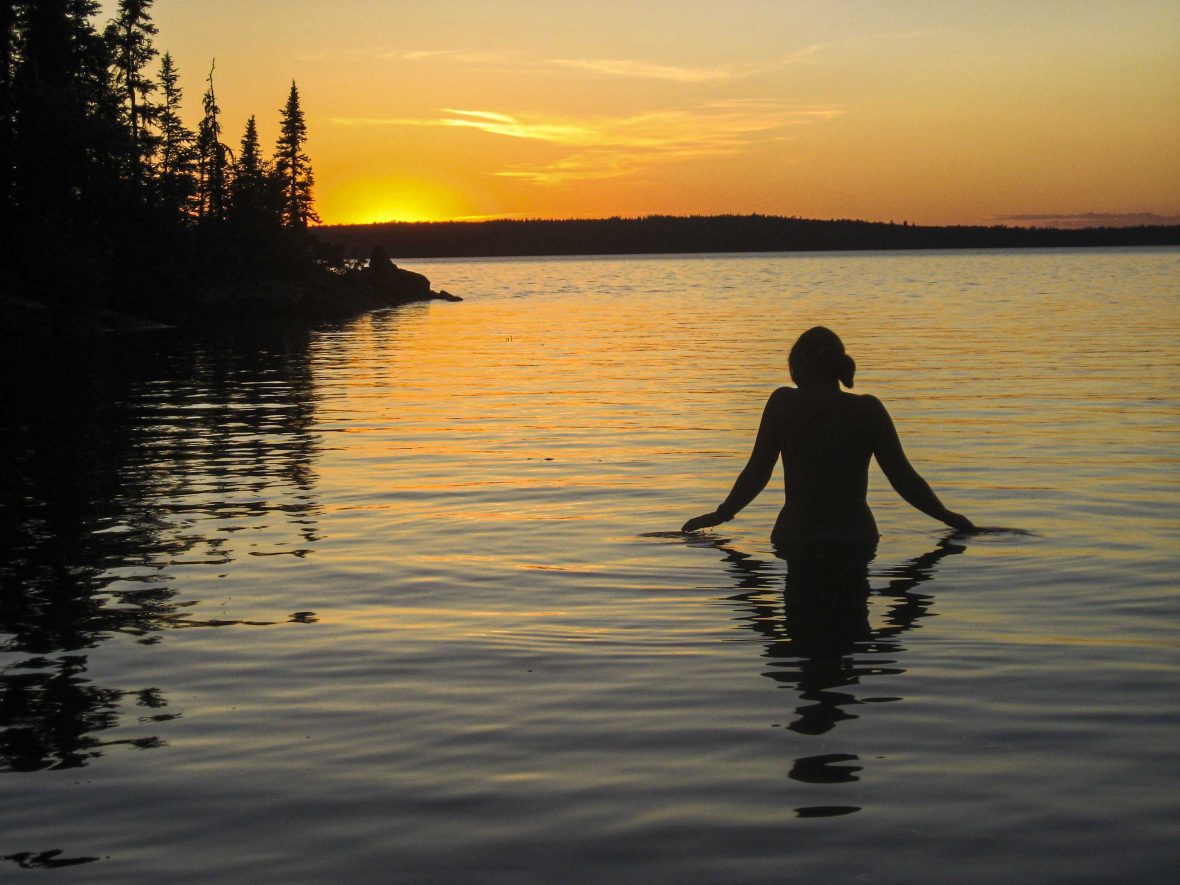
Not only was laying out on warm marble under a mountain of suds an undeniably comical image, but I was totally exposed in a room with at least a dozen other women and wasn’t having a panic attack. Instead, I was laser-focused on every moment of the experience, every detail, promising that I would remember the movements, the thoughts, the moment. The truth and magic of travel are so transformative.
After all, isn’t this why we travel to far-flung destinations with uncomfortable or unfamiliar customs? To challenge ourselves and experience a way of living we hadn’t before considered? The essence of travel may not be standing naked and afraid in a spa in a foreign country, but it is experiencing the very heart of a culture in a way you can’t ignore and that has the power to change you at the core.
I’m not saying I’m ready to try hiking naked or that I’ll direct myself to the nearest nude beach, but the next time I find myself in a women’s locker room or sauna, I may not be so bashful to drop my towel.

Alisha McDarris is a journalist and photographer. Growing up with a love of travel and outdoor adventure, sustainability also became more important to her. Now, all three are the focus of her writing and photography work in Backpacker, Popular Science, Hemispheres, American Way, Austin Monthly, CultureMap, Eater, The New Zealand Herald, Roadtrippers and more.
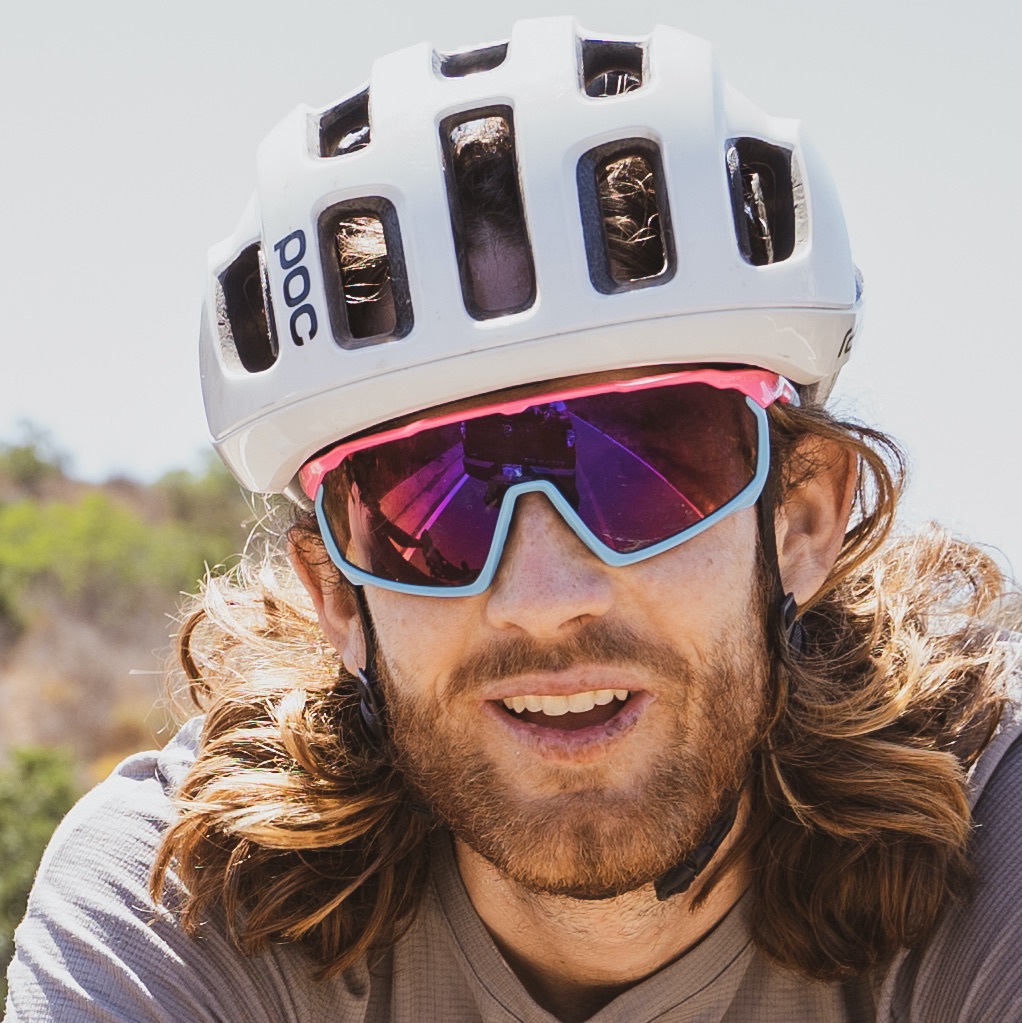



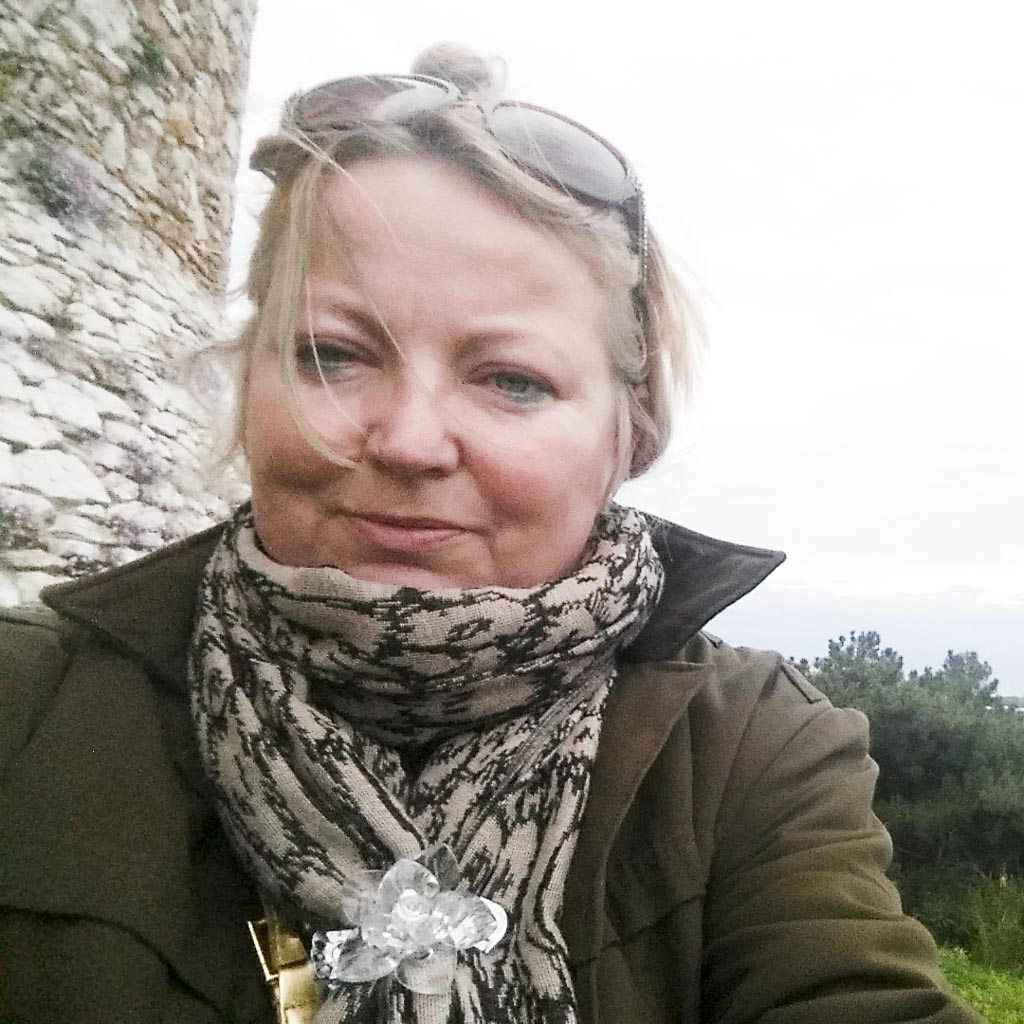

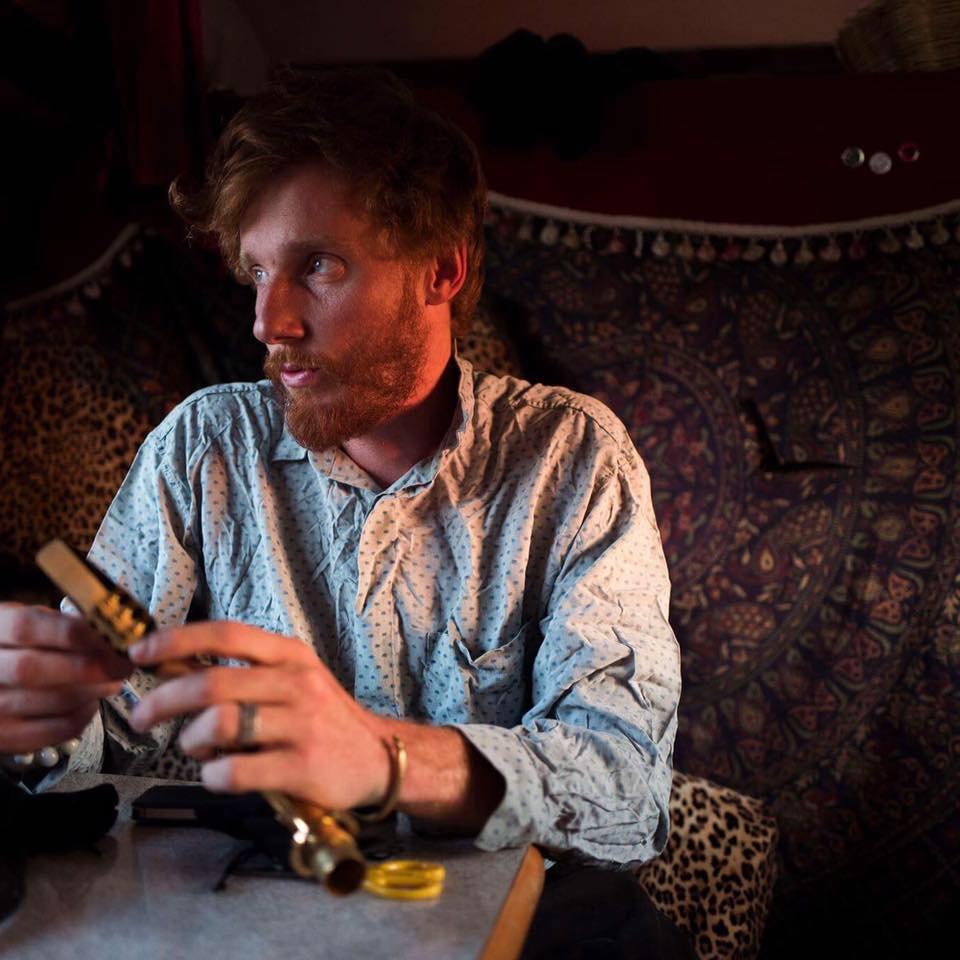

Can't find what you're looking for? Try using these tags: